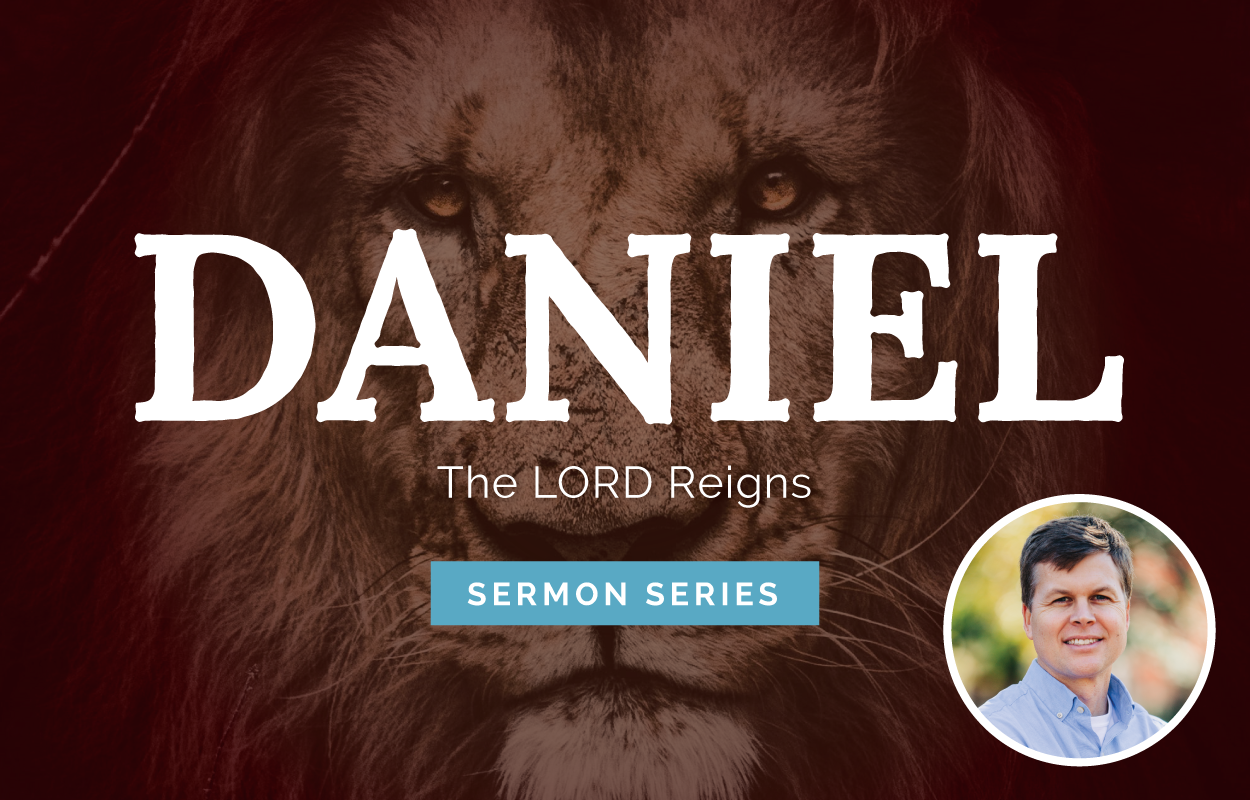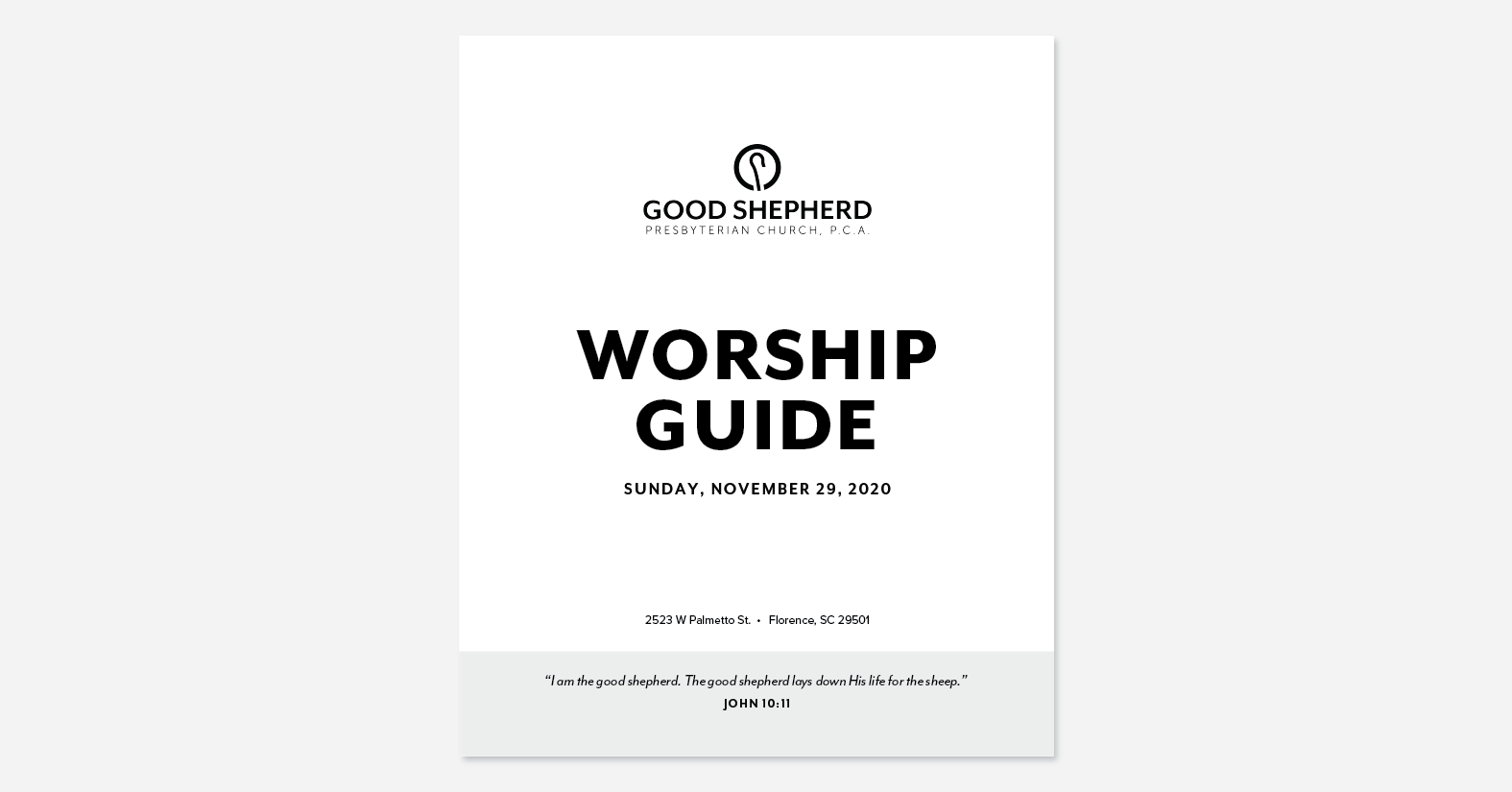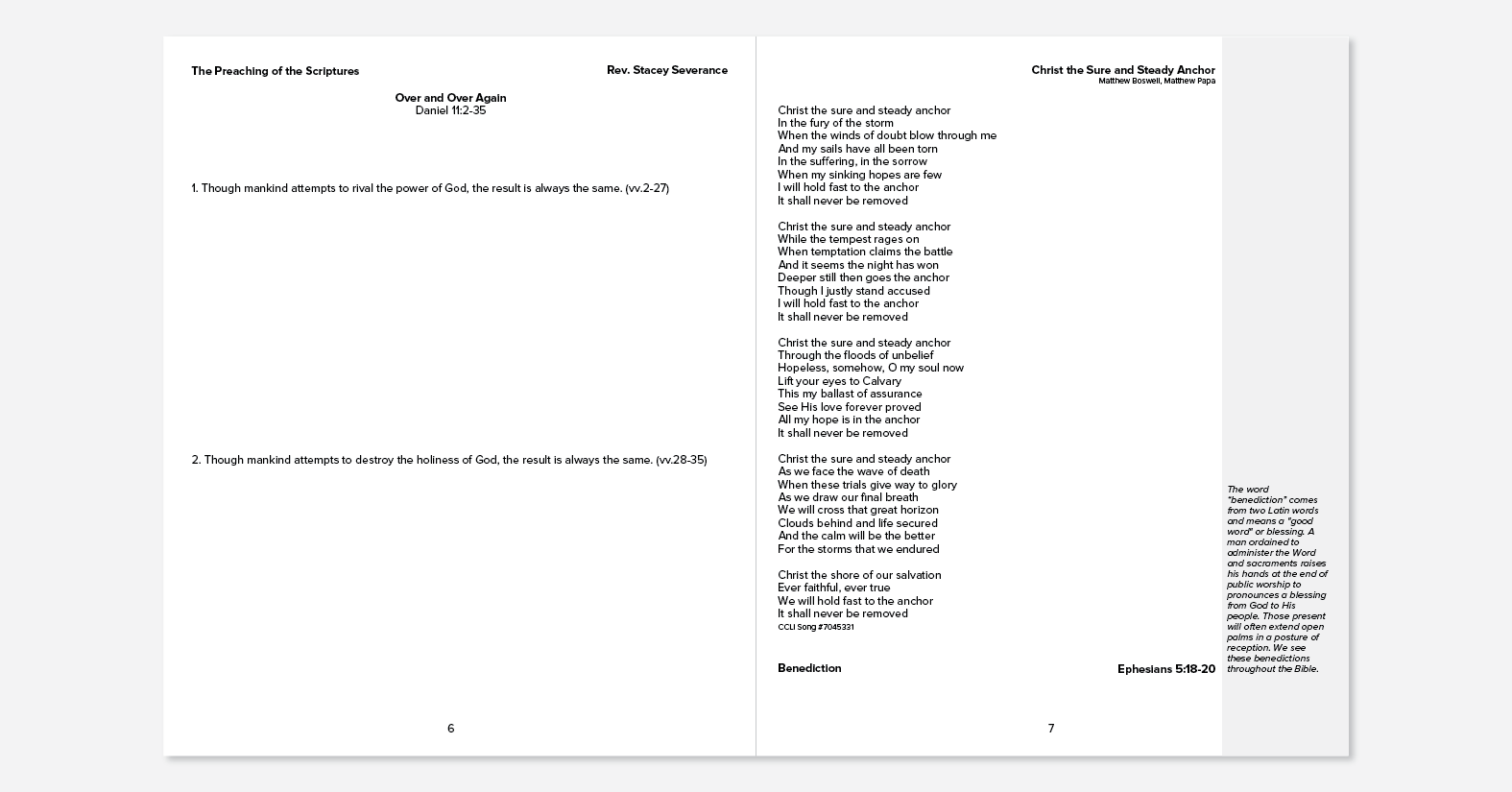Over and Over Again - Daniel 11:2–35
So much of life is repetitive. Day, night; breakfast, lunch, dinner; winter, spring, summer, fall. Over and over. There is a routine, and routines are good, but they can wear on us. The cleaning, the dishes, the yard, the finances, the meal preparation, the sales calls, the meetings, the reports, the classes, the assignments, over and over and over.
Life can be very unpredictable, yet in this way, daily life is very predictable. But what about the events taking place on the worldwide stage? The behavior of world leaders and the nations they control seems very unpredictable, but at the same time, they, too, are predictable. The OT book of Ecclesiastes states, “What has been is what will be, and what has been done is what will be done, and there is nothing new under the sun.” The destructive events of world history are somewhat routine as well, and this also wears on us.
Seeing the same thing over and over again frustrates us, and our passion to live for God is naturally diminished by what we observe. We gravitate to self-absorption, our pessimism grows, our faith shrinks, our faithfulness in prayer begins to slide, our worship becomes mechanical, and our obedience to God becomes half-hearted. We naturally turn more and more inward on ourselves. We start to think things such as, “This world is a mess, same thing over and over; I’ll just do what makes me happy, what feels good to me, what is easiest and best for me and the ones I love. I will prioritize me and mine.”
However, Jesus did not resort to that way of thinking and living during his earthly life and ministry. Like us, he observed the terrible, repetitive state of the world. But it was essential that He not think and live in a self-absorbed way if He would save His people. Jesus was on mission to live as God created man to live. His passion for God’s glory never diminished, even though the world around him was obviously stuck in a hopeless, miserable cycle of sin. He continually glorified God, proving Himself to be a worthy Savior. He secured the righteousness necessary to free us from the self-absorption, faithlessness, pessimism, and disobedience that incurs God’s wrath.
And because Jesus thought and lived this way, and then gave His life for His people, His followers should think and live this way as well. Jesus redeemed His people so that we can live this way and see the world around us this way, and so that we can display faith, hope, and love even in the frustrating repetition of daily life and human history.
But how do we do this ? The apostle John wrote that, “Whoever says he [remains] in [Jesus] ought to walk in the same way in which he walked.” But who can do this? Is it only for those who try harder or those with more self-discipline? Is it only for the good folks? Actually, no. It begins with understanding something about the power and the holiness of God.
We see two things in Daniel 11 that we must understand: Mankind continually attempts to rival the power of God and destroy the holiness of God but the results are always the same. If you begin here and continually return here, there is hope for you to walk as Jesus did.
Now, in the previous chapter, God makes Daniel even more aware of the battle going on in the spiritual realm that influences what we see in the physical realm. God sent Daniel a heavenly visitor who had fought in that battle, and he prepares Daniel for a special message. We will look at part of that message today and more of it next week.
But here, in verses 2-29, the visitor describes future world events with phenomenal accuracy. He doesn’t use names, which is typical of prophecy, but his predictions are so spot-on that critics argue that it must have been written after the fact. Some naysayers believe someone must have written this after the events of history played out.
And of course no human could predict these things with such precision; but we aren’t dealing with a mere human. We are dealing with the one true God, the all-knowing and all-powerful Creator of all things. So you can see here, Verse 2 describes a fourth Persian king, far richer than the previous ones. This is Xerxes. Verse 3 refers to Alexander the Great. After his death, his kingdom did not go to his sons (“his posterity” verse 4 says); instead, his 12 generals divided it.
And then, beginning with verse 5, the empires are described in terms of “north” and “south.” Why? Well, they are north and south of what verse 16 calls “the glorious land,” that is, the location of God’s holy city, Jerusalem, the place where the presence of God once dwelt. With amazing detail -- supernatural detail -- Daniel records in verses 5-29 an outline of the succession of leadership in Egypt (to the South) and Syria (to the North) over a period of about 250 years. Scholars line up these verses with world events, and it is truly fascinating. Daniel 11 foretold what would take place.
But what good is that for the church today? You might rather read a prophecy of how 2021 is going to play out! Some scholars argue that these verses have no benefit in sermons. But I disagree. The apostle Paul told Timothy that “All Scripture is breathed out by God and profitable for teaching, for reproof, for correction, and for training in righteousness.” So how are these profitable?
Well, for one, the prophecy assures us that God rules history.He knows what will take place. He knows what 2021 holds, in fact, He has decreed what will be. There is comfort and encouragement for believers in that. But these verses benefit us in another way.
What they demonstrate I believe could be summed up well in the words from a hit song by the 1980s band Tears for Fears. Do you remember them? They had a great song, a #1 hit, called, “Shout.” Shout, shout, let it on out! Remember that one!? But that’s the song I’m thinking of.
They had another #1 hit. It was called “Everybody Wants To Rule The World.” Isn’t that what we see in these verses? Leader overtakes leader overtakes leader, and so on. It’s a constant struggle. We should not be surprised by what we see today, and we cannot let our passion for God’s glory be diminished.
Daniel learns that history would play out this way, and notice in verse 21, a certain leader comes into power: Antiochus the IV, the Northern ruler. He did not take the throne by succession. He usurped power. He took over via schemes and maneuvers. Antiochus the IV was especially evil, he was good at flattery, he could charm people, he built a strong army, and he successfully invaded Egypt and defeated the ruler of the South.
It is especially fitting that Antiochus preferred a special title: “Epiphanes;” in other words, “God Manifest.” He wanted to be seen and treated as God. Which is one reason why he bore characteristics of the Anti-Christ. However, he was not God; he was very human, and he eventually died in a horrific manner, which reiterates a theme that runs throughout the Scriptures: mankind attempts to rival the power of God, and capture absolute control, the result is always the same.
One earthly power will overtake another, one leader will replace another, but they all find out two things for certain: 1. There is a God, and 2. they are not Him. No matter how powerful any ruler becomes, they are not unlike Antiochus; notice verse 27: “the end is yet to be at the time appointed.” Our God has it all mapped out.
Most of what Daniel is told here would take place after his life was over. This information would encourage generations to come as they walked by faith and waited on God. And the message is clear: God reigns over the repetitive human power struggle on this planet. These powers that war in the physical world are influenced by the powers at war in the spiritual world. And what has been will be again and again until the end of time -- attempts to rival God’s power “to no avail.” But interestingly, this applies, not only to the world stage, but to our own lives. More on that in a few minutes.
In verse 28, something very important takes place. Look with me: “And he (Antiochus IV) shall return to his land with great wealth, but his heart shall be set against the holy covenant.” Antiochus would unload his rage on the city of the covenant God and His holy temple. This would be long after the rebuilding project was complete. Jerusalem would no longer be what it once was. Antiochus took the temple treasures back with him to Syria, but by this time, the Romans were rising up.
Antiochus apparently felt the walls closing in, and he took out his anger on Jerusalem. We see that he found some allies among the unfaithful Jews, notice verse 32: “He shall seduce with flattery those who violate the covenant.” It’s not uncommon for so-called believers to be seduced by the world. But the true people of God would stand up for God’s holiness. Notice the rest of verse 32: “but the people who know their God shall stand firm and take action.”
Some would forsake God to side with Antiochus, but some would not. These verses describe how Antiochus would carry out brutal persecution, but the purpose of God would remain. Verse 35, “some of the wise shall stumble, so that they may be refined, purified, and made white, until the time of the end, for it still awaits the appointed time.” God sanctifies His people through trials and tests, but His holiness prevails. There’s more to come in the vision. We will look there next Sunday.
But consider how to this day we see this repetitive effort to mock and destroy the holiness of God. Much like during the times of ancient Israel, much of the visible church today holds a relaxed, even flippant view of God’s holiness. The absolute righteousness of God and the utter sinfulness of mankind is often downplayed, even in public worship. It’s downplayed in the songs and in the preaching.
Bible teacher and author A.W. Pink observed this during his ministry in the early 1900s. He saw would-be preachers minimizing the holiness of God. Listen to what he writes: “The nature of Christ’s salvation is woefully misrepresented by the present-day ‘evangelist.’ He announces a Saviour from Hell, rather than a Saviour from sin. And that is why so many are fatally deceived, for there are multitudes who wish to escape the Lake of Fire who have no desire to be delivered from their carnality and worldliness. The very first thing said of Him in the New Testament is, ‘they shall call his name JESUS: for He shall save His people (not ‘from the wrath to come,’ but) from their sins.’ Christ is a Saviour for those realizing something of the exceeding sinfulness of sin, who feel the awful burden of it on their conscience, who loathe themselves for it, who long to be freed from its terrible dominion; and a Saviour for no others. Were He to ‘save from Hell’ those who were still in love with sin, He would be the Minister of sin, condoning their wickedness and siding with them against God. What an unspeakably horrible and blasphemous thing with which to charge the Holy One!”
Jesus Christ calls you to reject sin and embrace the holiness of God. Churches wonder why God won’t bring revival, why God won’t give more of Himself. But the answer is clear: if you don’t want holiness, you don’t want God. You may want His blessings, you may want His provision or help, but you do not want Him. God says, “You should be holy, for I am holy.” I understand that for many, that sounds like no fun. And certainly it is dry and lifeless apart from a deep relationship with the living God.
If you look again at these two sermon points, it’s easy to see “the world out there” in this way. That’s how they think and live. But don’t be deceived. These statements apply to all of us. Do you not attempt to rival the power of God in your own life? Do you not attempt to push God aside and take control? Do you not find yourself rejecting the ways of God because you believe that you know best?
What these world leaders did back then, and what so many of them do now, is just what all people do because rivaling God’s power is a characteristic of our sinful nature. In the beginning, in the garden, Satan tempted the first man and woman to rival God’s power. And in doing so, they destroyed the holiness that they had previously enjoyed.
Don’t you and I do the same, when we sin? Don’t we do the same with our words and actions? When God established the Israelites as a nation, he set them up to submit to His power and honor His holiness. They were ruined because they rejected both. Over and over, they rebelled against God.
And yet, over and over, God was patient with them. Even when God sent them into exile, as Daniel chapter 1 described, God was not done with His people. He was not done with His plan of grace. Jesus Christ would come to deal with our attempts to rival God’s power and destroy His holiness.
And though we continue to sin over and over again, the righteousness of Jesus assures us that our God forgives and receives us over and over again. God has established this Lord’s Day, that we may draw near and worship Him over and over, and each day His mercy is new, that we may return to Jesus over and over, that we may turn from our sin repent over and over, forgiving each other over and over again, and renewing our faith over and over.
Do you know Jesus Christ in this way? Have you cried out to Jesus in faith, admitting that you have tried in vain to rival God’s power and destroy His holiness? Jesus is mighty to save you from yourself. And for those who trust in Him, the result is always the same.
Let’s pray together.





